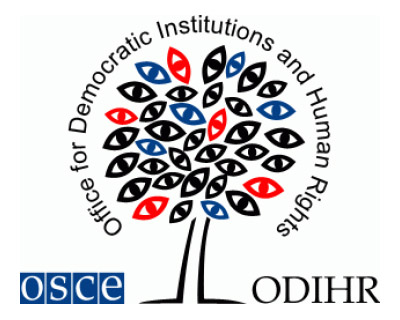Currently the “main actor” of the legislative procedure is the Government, while the role of the National Assembly is restricted. This is just a point in dozens of problems included in the OSCE/ODIHR report.
As we already informed, today, on 30 October the report on the “Assessment of the Legislative Process in the Republic of Armenia” was presented in Yerevan by the OSCE/ODIHR.
Iravaban.net studied the 87-page report in its non-official translation. The report states that it was prepared at the request of the Ministry of Justice. It consists of Introduction, Short Overview, Thematic analysis and 4 Appendices.
The authors of the report think that the legislative process in Armenia is over-formalized, and the set deadlines are tough. So the necessary time for comprehensive study of the problem to be solved by the legislation is decreased. It is stated that at the initial stages of the legislative process sufficient work was not undertaken for the policy development, and the focus was transferred to the preparation and adoption of the legislation.
Report also states that in the whole legislative process not sufficient consultations are undertaken with the beneficiaries. With this regard the reporters consider the work done with the Civil Society as insufficient. The experts spoke with several CSO representatives during the report preparations, and the latters stated that sometimes only those CSO institutions were invited to the public hearings who are “pleasant” to the Government.
The authors also mark the fact that in the preparations of draft laws there is a lack of agreement between the governmental and opposition parties. This is considered as a “serious challenge” which conditions the constant complaints of the opposition powers.
Next problem is the legislative overload. “The program of the Government usually includes 150-200 laws on a yearly basis, which causes lots of pressure on the law-generation resources of both the Government and the National Assembly”, report underlines.
As to the competencies of the National Assembly as a legislative body, the report states: “If the “author” of the draft law is the Government, then it can in fact block all the changes suggested in the National Assembly which are unacceptable for it”. Experts also report that in general MPs do not have special professional qualifications. In the section “Role of National Assembly” a remark is included.” Legislative process in Armenia is a certain system where the main role belongs to the Government, and in its back – to the President”. In this context the “National Assembly obviously plays a secondary role and does not have independent competences on eliminating legislative suggestions or transferring into laws”.















